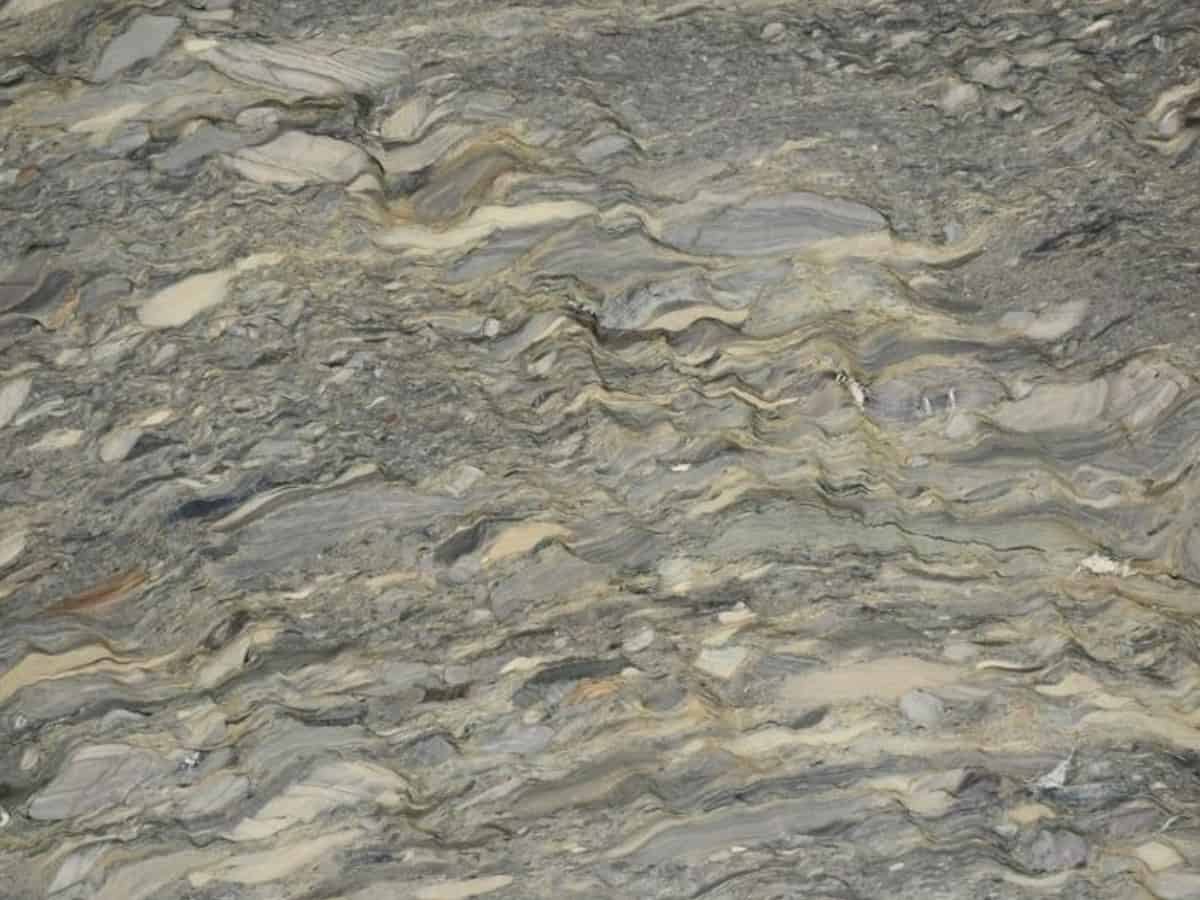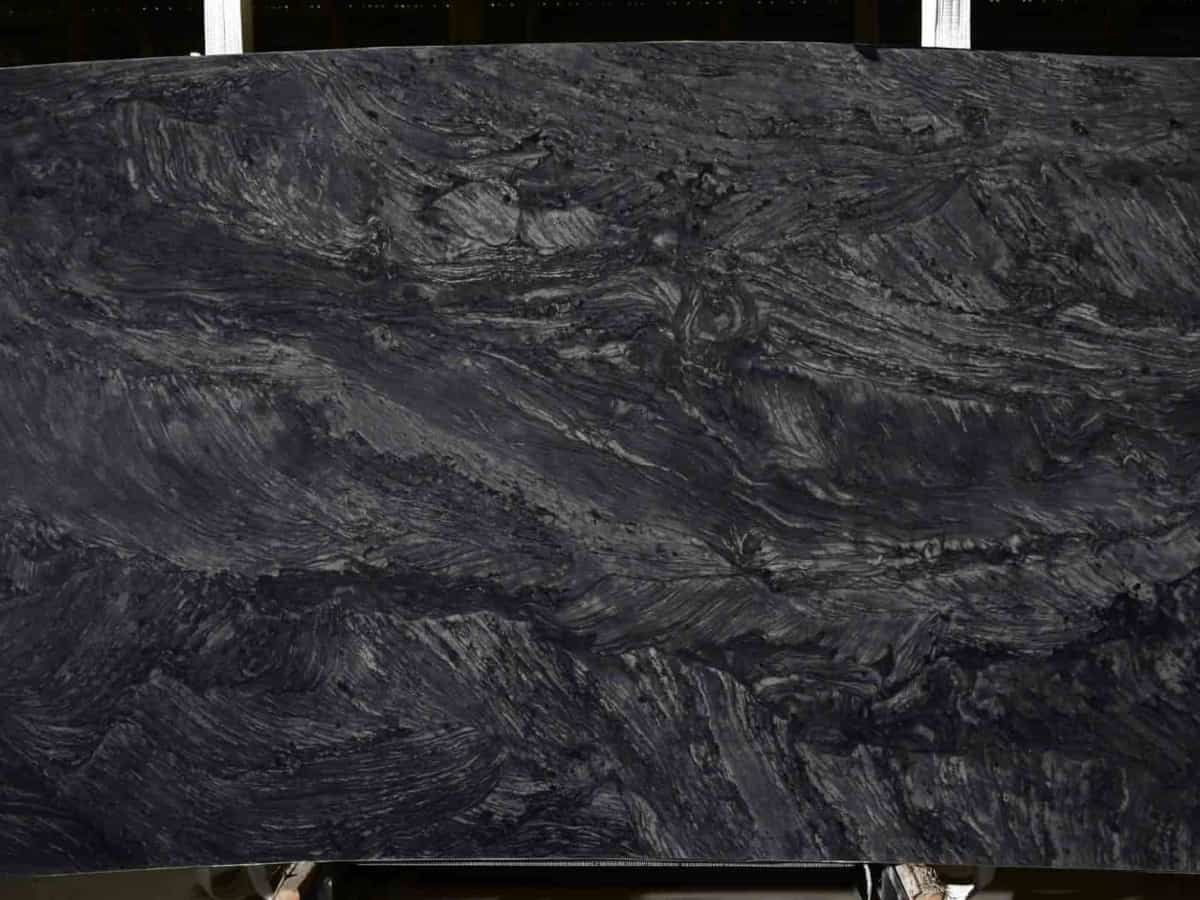Quartzite countertops are popular for kitchens and bathrooms due to their natural beauty, durability, and resistance to heat and scratches. However, like any other type of countertop, they require regular cleaning and maintenance to keep them looking their best. In this blog post, we will discuss in detail the steps you need to take to clean your quartzite countertops and maintain their shine and durability for years to come.
Steps to Clean Quartzite Countertops
If you want to learn how to clean quartzite countertops, follow these simple steps:
- Wipe the area with a soft cloth or sponge to remove any loose debris or crumbs. This will help prevent scratches or damage to the countertop’s surface during cleaning.
- Mix a few drops of mild dish soap with warm water in a bucket or spray bottle. You can also use a pH-neutral cleaner designed explicitly for natural quartzite countertops.
- Apply the soapy water to the countertop and scrub gently with a soft-bristled brush or non-abrasive sponge or scrub pad. Be sure to cover the entire surface area of the countertop, including any seams or edges.
- Rinse the countertop thoroughly with clean water to remove all soap residue. It’s essential to rinse the countertop thoroughly to prevent any soap residue from building up on the surface, which can cause streaking or dullness over time.
- Dry the countertop with a soft, clean cloth to prevent water spots and streaks. A microfiber cloth is an excellent choice for drying natural stone countertops as it is gentle and absorbs water quickly.
How Do You Keep Quartzite Shiny?
To keep your quartzite countertops looking shiny and new, clean up spills immediately: Quartzite is a porous natural stone that can stain easily, especially when exposed to acidic substances such as lemon juice, vinegar, or red wine. To prevent staining, clean up spills immediately using a damp cloth or sponge.
As an additional precaution, use coasters and trivets. While quartzite is resistant to heat, it’s still a good idea to use coasters or trivets under hot dishes, pots, and pans to prevent any potential heat damage. Sharp or heavy objects can also scratch or chip the countertop’s surface, so it’s essential to use cutting boards and avoid placing heavy items directly on the countertop.
Avoid harsh chemicals during cleaning. Harsh chemicals such as bleach, ammonia, or acid-based cleaners can damage the surface of quartzite and cause it to lose its shine. Sticking to mild, pH-neutral cleaners specifically designed for natural stone countertops is best.
Regularly clean the countertop to avoid dust accumulation or to keep stains from becoming permanent discoloration. Regular cleaning is essential to keep quartzite countertops looking their best. By following the steps outlined above, you can maintain the shine and durability of your quartzite countertop for years to come.

What Should You Not Use on Quartzite?
Quartzite is a hard, durable natural stone, but certain substances can still damage it. Therefore, you should avoid using certain things when cleaning your quartzite countertops.
- Harsh chemicals: As mentioned above, avoid using harsh chemicals such as bleach, ammonia, or acid-based cleaners on quartzite countertops. These chemicals can damage the stone’s surface and cause it to lose its shine.
- Abrasive cleaners or scrub pads: Avoid using abrasive cleaners or scrub pads on quartzite countertops, as they can scratch or damage the surface of the stone. Instead, use a soft-bristled brush or non-abrasive scrub pad when cleaning your countertop.
- Vinegar and lemon juice: Both vinegar and lemon juice are acidic and can cause etching on quartzite countertops. It’s best to avoid using these substances on your quartzite countertop and opt for a pH-neutral cleaner instead.
What is the Best Cleaner for Quartzite?
PH-neutral cleaners are gentle on natural stone surfaces like quartzite and help to avoid damage caused by harsh chemicals. These cleaners have a neutral pH of around 7, which is neither acidic nor alkaline. This means that they are not likely to cause etching or other damage to the surface of the quartzite, which can occur when using acidic or alkaline cleaners. pH-neutral cleaners also help preserve the quartzite’s natural shine and color without leaving any streaks or residue.
When using pH-neutral cleaners on quartzite countertops, following the manufacturer’s instructions carefully and avoiding using excessive amounts of water is important.
While pH-neutral cleaners are a good choice for regular maintenance, there are also specialized granite and stone cleaners that can be used for more heavy-duty cleaning. These cleaners are designed specifically for use on natural stone surfaces, including quartzite, and can help remove tough stains and grime without damaging the stone’s surface.
Granite and stone cleaners are typically formulated with a combination of surfactants and solvents designed to break down and lift dirt, grease, and other residues from the surface of the quartzite.
These cleaners are also pH-balanced to avoid damaging the natural stone surface. However, it is essential to check the product labels to ensure that it is safe for use on quartzite before applying it to your countertop.
Soap and water are simple yet effective answers to how to clean quartzite countertops daily. This is an excellent option for homeowners who prefer to use natural cleaning methods or are looking for an affordable and readily available cleaning solution.
To clean quartzite countertops with soap and water, mix a small amount of mild dish soap with warm water in a bucket or spray bottle. Using a soft cloth or sponge, gently scrub the countertop in a circular motion, paying special attention to any areas with stains or spills. Rinse the countertop thoroughly with clean water and dry with a soft, clean cloth to avoid water spots.
It is important to avoid using too much water when cleaning quartzite countertops, as excessive moisture can cause the stone to absorb water and potentially lead to staining or damage.
While soap and water can be an effective cleaning method for quartzite countertops, it may not be enough to remove more stubborn stains or buildup. In these cases, you may need to use a specialized quartzite cleaner or contact a professional stone cleaner to help restore the countertop to its original condition.
Does Vinegar Harm Quartzite?
Vinegar is an acidic substance that can etch and damage the surface of natural stone, including quartzite. While quartzite is more acid-resistant than other types of natural stone, such as marble or limestone, it’s still best to avoid using vinegar on your quartzite countertops. Instead, opt for a pH-neutral cleaner specifically designed for natural stone surfaces.
In conclusion, quartzite countertops are a beautiful and durable addition to any kitchen or bathroom, but they do require regular cleaning and maintenance to keep them looking their best. By following the steps outlined above and using the right cleaning products, you can maintain the shine and durability of your quartzite countertop for years to come. Remember to clean up spills immediately, use coasters and trivets, avoid harsh chemicals, and use a pH-neutral cleaner to keep your quartzite countertop looking new.
Also Read: Granite vs. Quartz – The Differences


